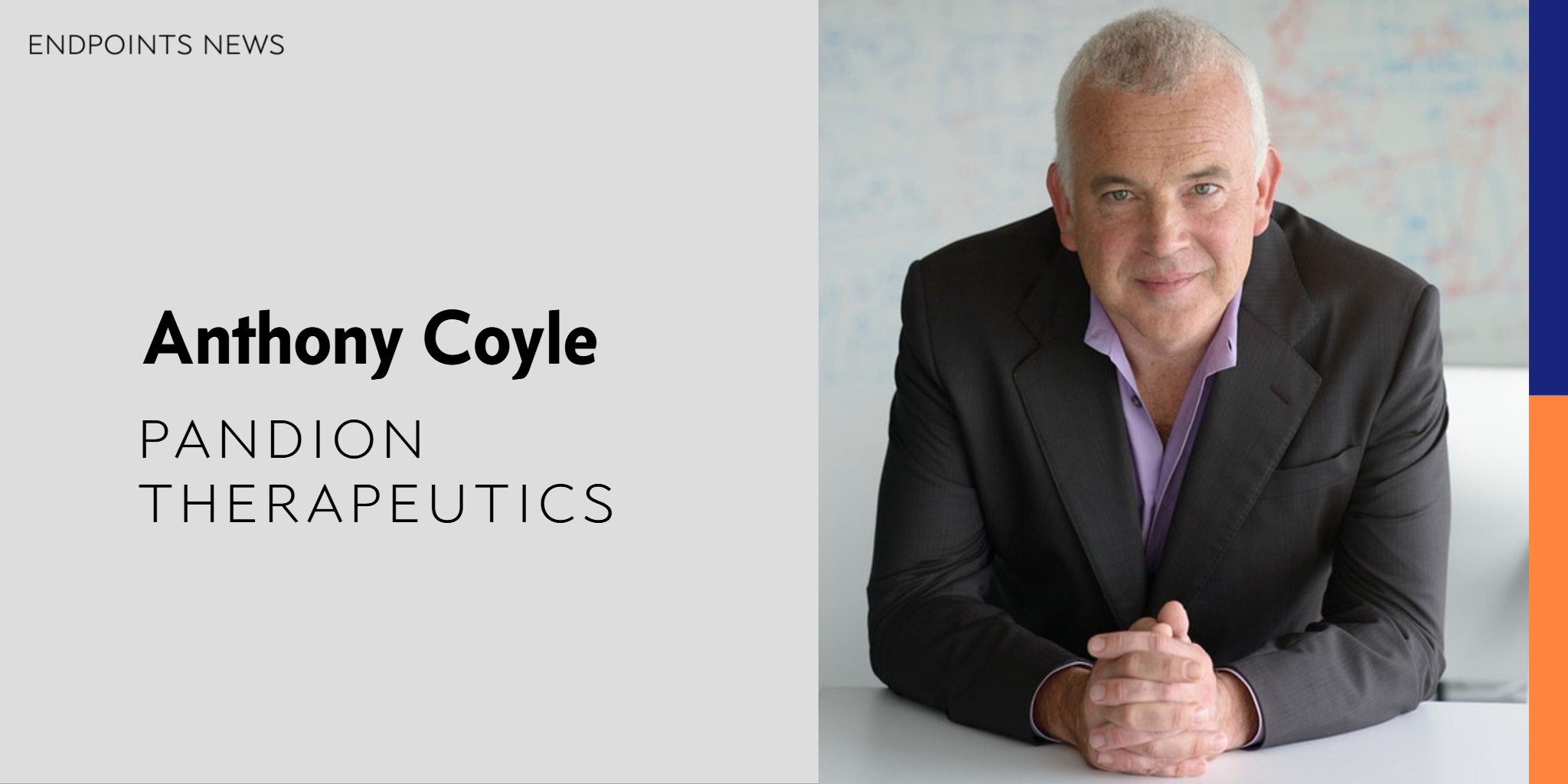
With $58M in hand, the startup team at Pandion sets their sights on a next-gen approach to immunology
Anthony Coyle started Pfizer’s Centers for Therapeutic Innovation with an eye to changing the way the pharma giant went about the business of drug discovery …
Sign up to read this article for free.
Get free access to a limited number of articles, plus choose newsletters to get straight to your inbox.